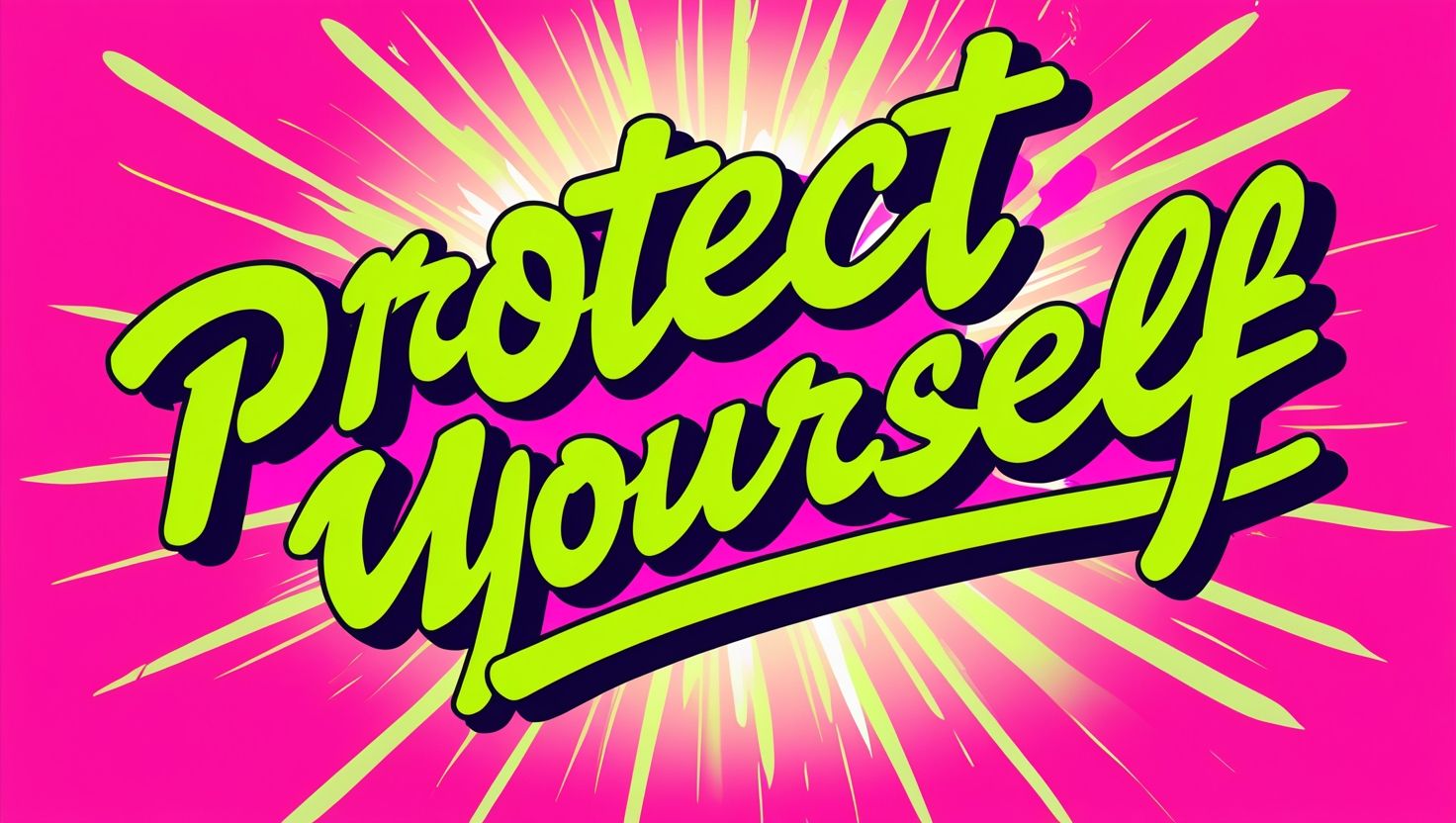When AI Steals a House: Why Knowing Who You’re Dealing With Could Save Your Deal
Categories
- All Blogs (105)
- Inheritance & Estate Planning (4)
- Auburn real estate (12)
- Bonney Lake Housing Market (4)
- Bonney Lake real estate (12)
- Buyer & Seller Advice (13)
- closing a home sale in Washington (7)
- common mistakes that delay real estate closings (3)
- contingent offer pros and cons Pierce County (1)
- Contingent Offers Explained (1)
- Downsizing & Retirement Living (3)
- Home Buying Advice (3)
- home closing tips Lake Tapps (6)
- home sale contingency Lake Tapps (2)
- Home Selling Advice (15)
- Home Selling Strategies (15)
- how escrow works when buying a house (2)
- how to protect your funds during a home purchase (1)
- Lake Tapps Real Estate (13)
- leaving home to kids (2)
- Pierce County Real Estate (14)
- Pierce County Real Estate Tips (12)
- Real Estate Closing Process (4)
- Real Estate Market Trends (9)
- real estate professionals in Western Washington (7)
- Real Estate Tips (14)
- real estate wire fraud prevention (1)
- senior living (3)
Recent Posts

VA Loans in Pierce County: Powerful Benefits, Smart Choices

No Paycheck, No Problem: The Secret to Buying a Home in Retirement

What Kind of Taxes Hit When You Sell a House?

How Short Sales Really Work (And Why They’re So Complicated)

The 10 Homebuyer Mistakes No One Warns You About (But You’ll Wish They Did)

Fall Cleaning: The Underrated Home Refresh

HOA Fees: The Hidden Cost Buyers and Sellers Need to Factor In

5 Real Estate Scams to Watch Out for in Lake Tapps (and How to Protect Yourself in Western Washington)

Can You Trust the Real Estate Market? Our Honest Take on Buying and Selling in 2025

How to Price Your Home to Sell in 2025: Proven Strategies from a Trusted Real Estate Agent

If you haven't subscribed to our newsletter, you're missing out on great stories like the one above that could be coming right to your inbox every few weeks.
Please use the form to request a subscription.





